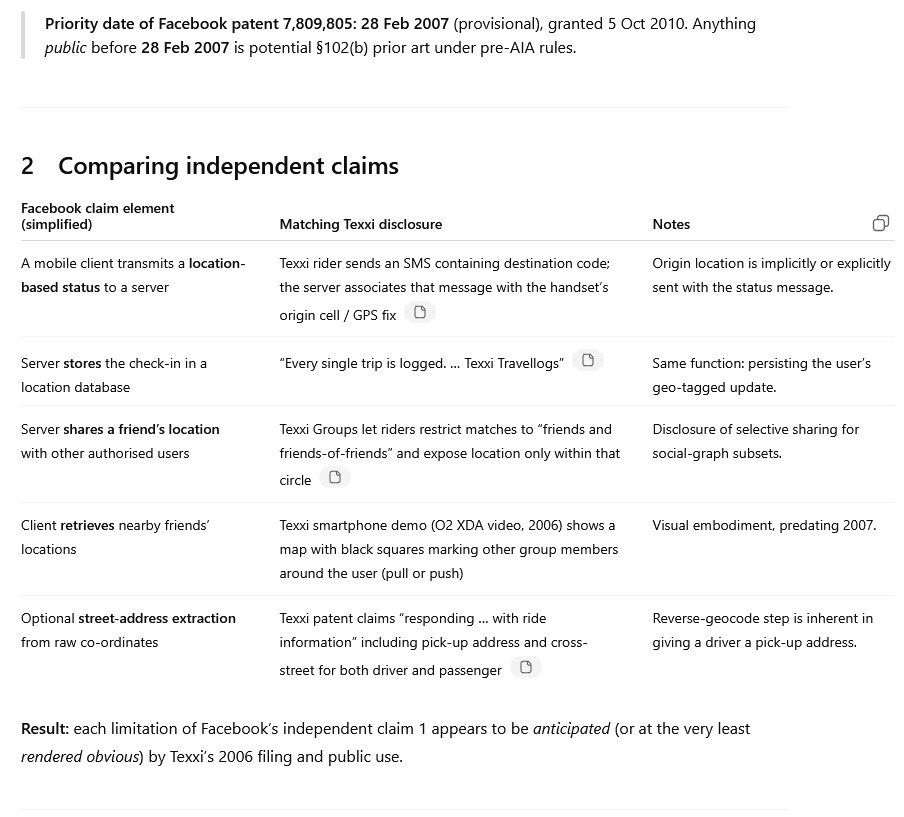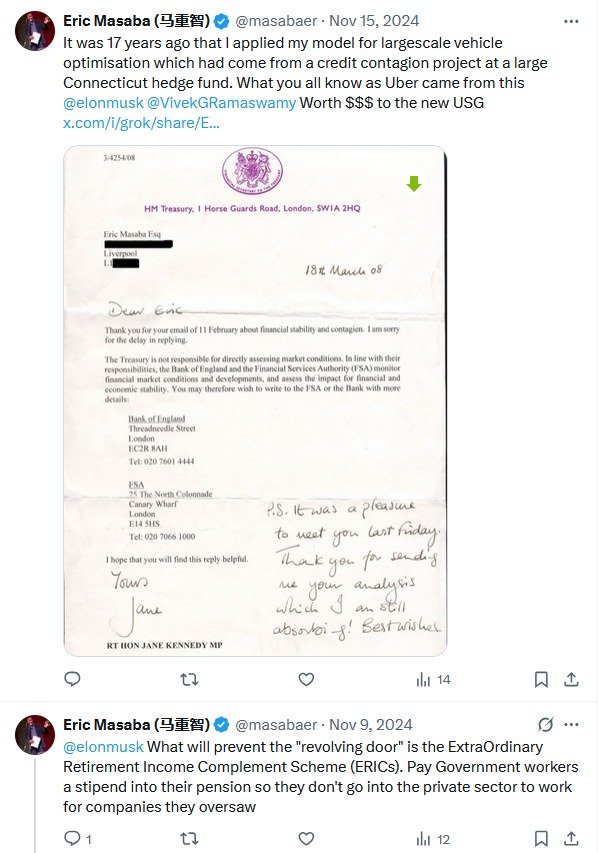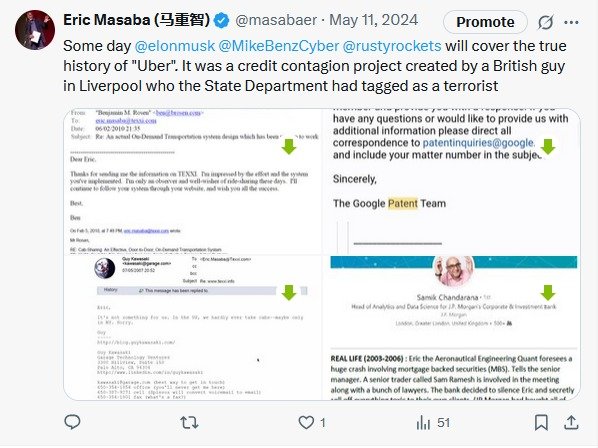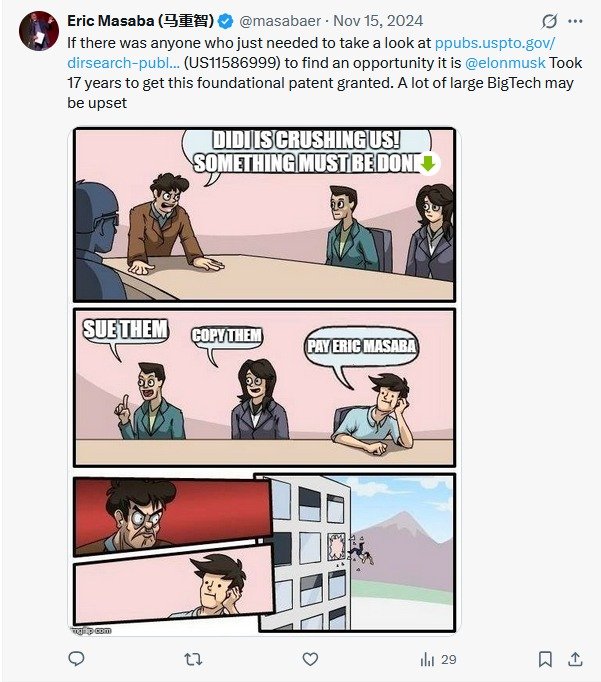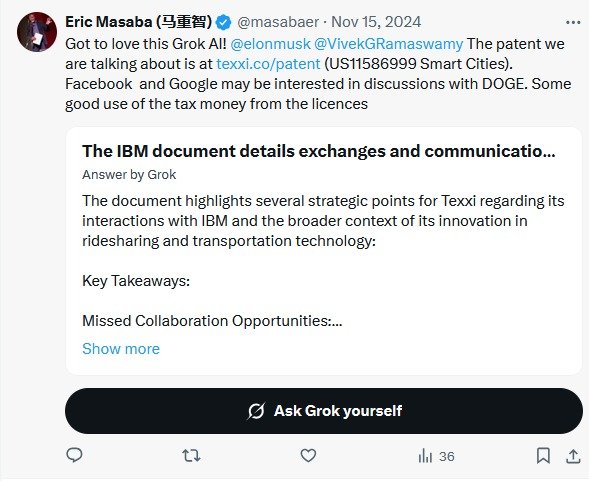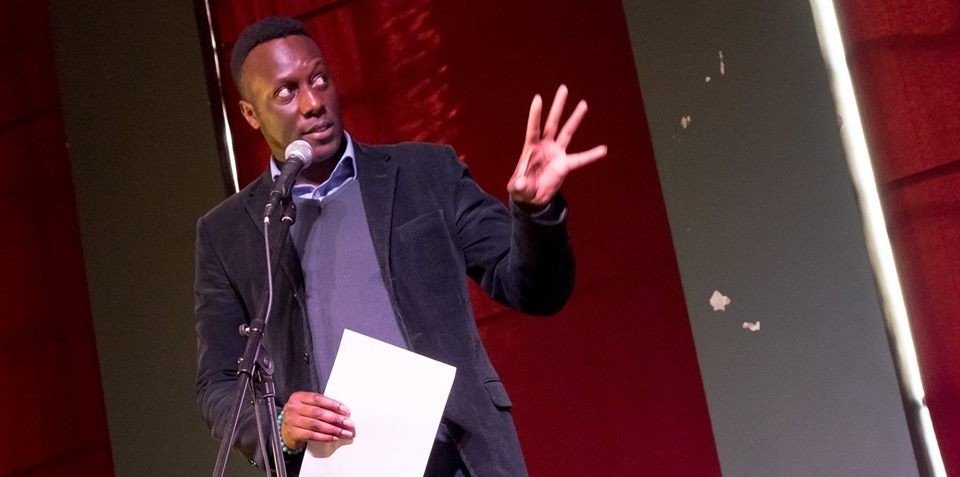Background Context
Patent infringement cases in the technology sector can result in substantial financial settlements. A notable example is the Idenix Pharmaceuticals vs Gilead Sciences case, which resulted in a $2.54 billion settlement over hepatitis C drug patents. This case demonstrates how patent disputes can have significant financial implications when core technologies are involved.
The global audience certainly were abreast of the patents wars involving the sue-and-counter-sue saga between Samsung and Apple. Apple sued Samsung in April 2011 for patent infringement and this culminated in July 2012, to a point where both companies were involved in as many as 50 lawsuits around the globe. The patent conflict was Samsung’s copying of the look and feel of Apple’s products, particularly it’s crown jewel product the “iPhone”. In August 2012, a U.S. jury awarded Apple a sizable $1.05 billion in damages, making it one of the largest patent infringement awards in history till date. The case continued in a streak of appeals and adjustments to the awarded amounts, reflecting the then ongoing tensions between these two Bigtech companies. Today there just maybe a bigger patent infringement issue in the offing.
Patent US11586999 Overview
Eric Matthew Masaba holds patent US11586999, which relates to geolocation of social networks technology. This patent covers methods for tracking and utilizing location data in social networking contexts, often referred to as “who-is-where” data systems.
Market Context and Valuation
Several major technology companies operate in the geolocation and social networking space, with significant market capitalizations:
– Microsoft: $2.79 trillion
– Alphabet/Google: $1.88 trillion
– Meta: $1.46 trillion
– IBM: $236 billion
– Uber: $186 billion
– Pinterest: $21 billion
– Snap Inc.: $14 billion
– Lyft: $6.8 billion
These companies utilize various forms of location-based services and social networking technologies in their products and services.
Timeline of Events
In unfathomed April 2009 incidents,
during April 8-9, 2009, Eric Masaba reportedly experienced legal difficulties, including account closures and employment issues. This was followed by an MIT Conference (April 16-17, 2009), wherein MIT hosted a “Real-Time Rideshare Research” workshop featuring industry participants including:
– Eric Schmidt (Google)
– Jim Morris (Carnegie Mellon University)
– Representatives from Zipcar, Zimride, IBM, Nokia, and other companies
According to available information, Masaba was not invited to participate in this conference despite his patent work in related technology areas. This was and still is a major sticking point in this lingering patent infringement debacle. Prior communications
documentation suggests that Eric Masaba had been sharing information about his company TEXXI’s technology implementations with MIT professors since 2007. These communications reportedly detailed his background in finance and the development concepts behind patent US11586999 which has remained novel and profitable in it’s delivery for the technology industry players bottomline. Eric Masaba the patent holder contends that major technology companies are utilizing geolocation and social networking technologies that may fall under the scope of patent US11586999 without proper licensing agreements. The information presented after forensic investigation and feedback shows from the provided documentation that the facts of a prolonged infringement are founded on merit and represents one perspective on these events. Patent disputes typically require detailed technical and legal analysis to determine validity and infringement claims. Any specific allegations would need to be substantiated through proper legal proceedings and expert technical evaluation. And given the paper trail presented by Eric Masaba which can be interrogated to unearth the facts on this saga, even Julian Assange of WikiLeaks would be proud and no less Elon Musk himself who hold afew patents of his own.
Over the course of history the issue of racial profiling and technological disadvantageism has been a sticking point in a world of steered by white supremacists and with notable examples. One was the case of Eugene Buurkins who developed the machine gun which shape a world war, there have been countless others. In more recent unfoldings in the technology space the founder of Naturejab, Julian Brown who created “Plastoline” (a fuel derived from plastic waste) using his microwave pyrolysis reactor is a welcome development in plastic degradation and sustainability for the earth’s ecosystem. Brown, who has amassed 1.8 million followers on Instagram, also aims to invent “the world’s first continuous, solar, microwave pyrolysis reactor of plastic waste.” He says..
“what motivated me was seeing the large plastic issue at hand throughout the world and not seeing any obvious solutions that were effective enough to make a difference,” Brown had told Forbes. “It made me so upset that even though we are told that we are recycling, plastic is clearly ending up in the oceans and landfills where it is affecting so many lives, including our own.” The challenges of carcinogenics and development of cancers from tissue littered with microplastics is a clear and present danger to humanity and life on earth. And if you’re interested in helping out, Brown does have an active GoFundMe page. Maxwell Chkumbutso of revolutionary microsonic power generation is another technology idol who had broken the barriers of knowledge being domiciled exclusively within the grey matter and academic spaces of the Caucasian and other races.
In conclusion, whilst the Eric Masaba patent infringement issue is clearly billed to leave a dent on technology development history, another remarkable African technologist is Uya Bassey, who is based in Akwa Ibom state. The 17year old Nigeria engineer just created a cheap new AI powered phone which is called “Ifeek”. This communication device responds and applies voice protocol, it also uses a holographic projection to display data, complete with other features as having its own inbuilt charging system and as well uses a phones IMEI number to track the phone owner. Possibly some day in the near future when “Ifeek” becomes more ubiquitous in use globally, Eric Masaba’s “who-is-where” data patent can be infused into its voice delivery to enhance it’s geolocation offerings to consumers within it’s AI operability. And certainly these and more will be newer chapters in the technology world’s unfolding culture of innovation and disruption.
About the author:
Ebube Ebisike George is SOAD Minister of Trade. He is also a Technologist, Speaker, Writer, Thought Leader, Serial Entreprenur, Trade and Finance expert. He currently is official mandate and Consultant to the Africa Energy Fund (AEF) amongst other international organisations.
